
Nigeria Drifting Toward One-Party State Under Tinubu — A Contradiction of His Own Words

Two years into President Bola Tinubu’s administration, Nigeria appears to be gradually drifting toward what critics call a de facto one-party state, an irony for a leader who once vocally opposed such consolidation of power during the Goodluck Jonathan era.
In a 2019 tweet, then-opposition leader Tinubu warned Nigerians:
He tried to convert our young democracy into a one party state. His PDP boasted that they would rule for 60 uninterrupted years. Never did they boast that they would govern us well during even one year of the sixty.
Fast forward to 2025, and the political landscape in Nigeria is becoming alarmingly tilted in favour of the ruling All Progressives Congress (APC), from aggressive party-switching by governors and legislators to the systematic weakening of opposition voices.
Several high-profile defections from opposition parties, including the recent exit of Governor Umo Eno from the Peoples Democratic Party (PDP) following investigative scrutiny, raise questions about the health of Nigeria’s multiparty democracy. The growing trend of opposition politicians aligning with the APC, often under pressure or in the wake of politically motivated investigations, creates the impression of a political climate intolerant of dissent.
Meanwhile, the APC has tightened its grip on federal institutions, with critics accusing the government of politicising anti-corruption bodies and the judiciary to silence opposition voices.
Under Tinubu’s leadership, Nigeria faces mounting economic hardship: rising inflation, fuel subsidy removal shocks, and record unemployment. Despite these challenges, what should be an opportunity for robust opposition engagement, has become an era of political silence through co-optation or fear.
The same man who once decried the dangers of a one-party system is now overseeing one. This is not just hypocrisy; it’s a betrayal of democratic principles,” a critic posted on X.
A Call for Democratic Vigilance
Nigeria’s constitution guarantees a multiparty democracy, but that framework is only as strong as the will to uphold it. The current trajectory under Tinubu’s administration, where opposition voices are declining and critical media outlets face increasing pressure, reflects the scenario he once warned against.
As Nigeria reflects on Tinubu’s two years in office, the question remains: Will history remember him as a defender of democracy or its democrazy?
Read More:
- Chad Suspends Visas for US Citizens in Response to Trump’s Recent Travel Ban
- Ghana Places Former Finance Minister Ofori-Atta on INTERPOL Red Notice
About The Author
Related Articles
Tinubu Deducts N100bn Monthly From Federation Account Without Approval El-Rufai Alleges Says Action Deserves Impeachment
Former Kaduna State Governor Nasir El-Rufai has launched a blistering attack on...
ByWest Africa WeeklyJanuary 26, 2026Trump’s Greenland Threat Forces Europe to Taste the Logic of Western Colonial Power
It rarely begins with soldiers. More often, it begins with a sentence,...
ByWest Africa WeeklyJanuary 21, 2026Tinubu Government Claims Intelligence Cooperation With the US, Yet New York Times Publishes Conflicting Story Following $9 Million US Lobbying Effort
When the New York Times published its investigation suggesting that claims from...
ByWest Africa WeeklyJanuary 19, 2026Mali’s Transition Leader Attends Swearing-In of Guinea’s President Mamadi Doumbouya
Mali’s President of the Transition, General Assimi Goïta, represented the country in...
ByWest Africa WeeklyJanuary 19, 2026






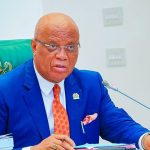
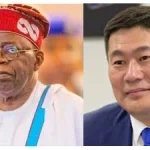
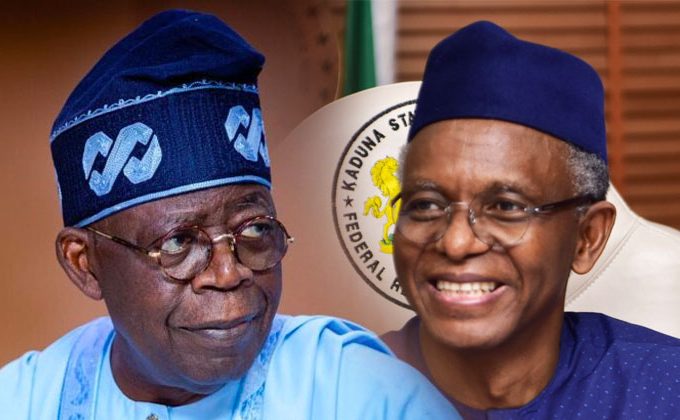
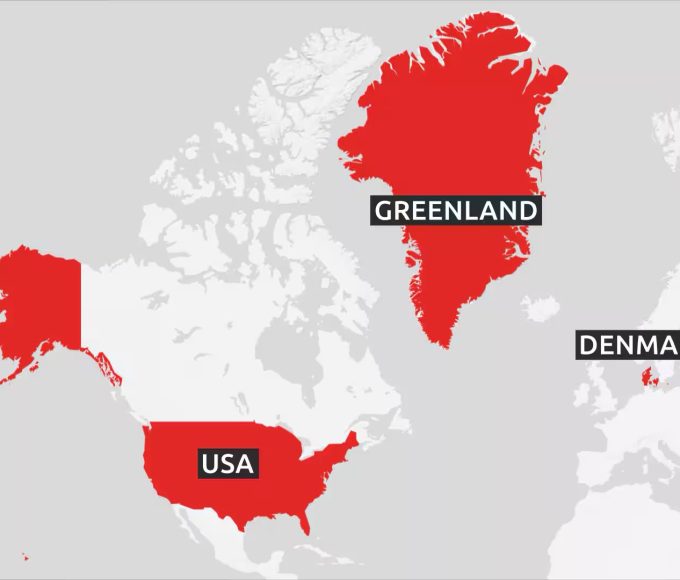
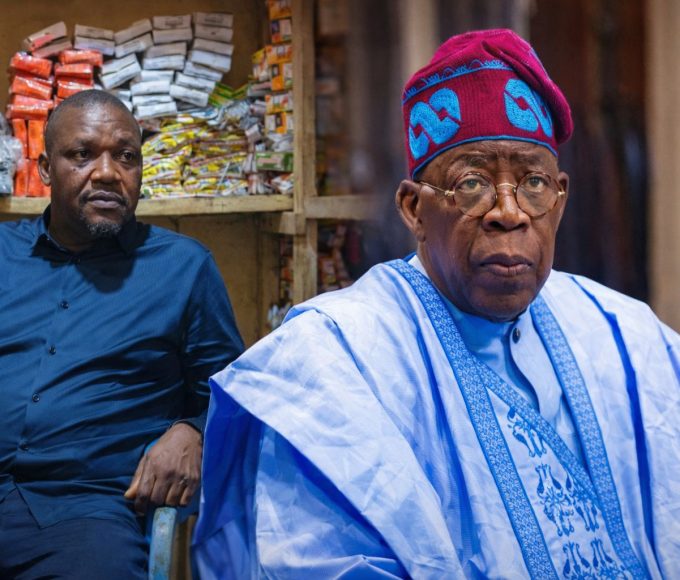

Leave a comment